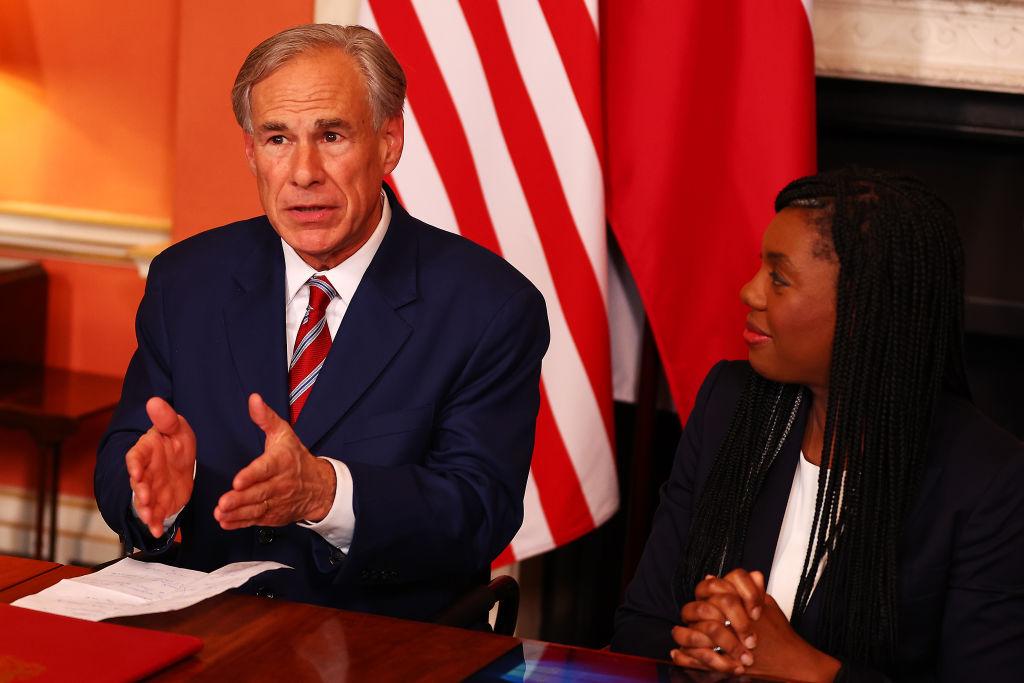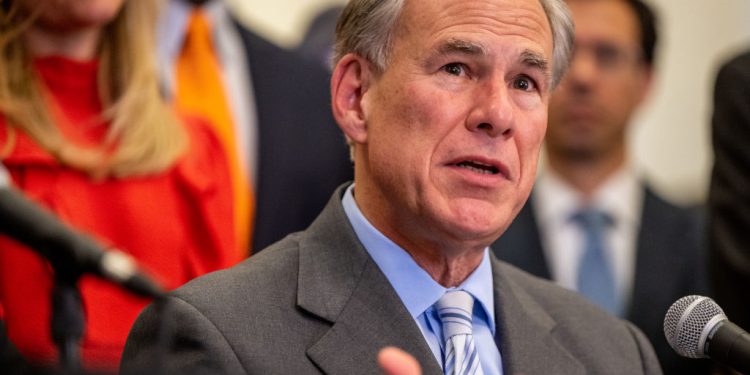A school choice win for Texas families inches closer to reality following Texas Gov. Greg Abbott’s successful campaign against fellow Republicans during the primary election. Six out of eight incumbent Republican lawmakers who opposed private school vouchers last year were defeated in the GOP primary runoffs. If the pro-voucher candidates the governor supported in their primaries win in the November general election, as many are expected to, Abbott argues next Legislature he will have the majority he needs to pass vouchers into law.
Gov. Abbott has fought for years to bring school choice to Texas families. Now with a successful runoff election, he’s feeling more certain he can make good on that promise.
“The Texas legislature now has enough votes to pass School Choice,” Abbott posted on X on May 28, the date of Texas’s runoff elections. “Congratulations to all of tonight’s winners.”

Six of eight House members who did not support school choice lost. Republican challengers who supported school choice, and whom Abbott had specifically backed, successfully ousted their Republican incumbents during the GOP runoff.
The fight for education options for Texans may seem closer than once thought, but opponents of the legislation say there’s still a fight ahead in the Texas legislature.
Former school administrator, State Representative Gary VanDeaver (R-New Boston) was one of the remaining opponents of vouchers who made it through the primary runoff. In a PBS interview, VanDeaver said the governor may have the math on his side, but that doesn’t necessarily mean vouchers will pass in the form Abbott wants.
“I was saddened that we lost some really good members last night,” VanDeaver said. “I’m not totally surprised. It’s just hard to survive the kind of attacks that we have all been under for about the last six months.”
A Long Fight for School Choice
For over 18 months, Gov. Abbott has championed a school choice initiative to allocate state money to help families pay for private or homeschooling expenses. With the eight Republican lawmakers against his initiatives out of the House, he appears to have the majority needed to pass the bill known as S.B. 1.
In March, Governor Abbott addressed Texas families during the Texas Public Policy Foundation’s annual Texas Policy Summit in Austin. He celebrated the growing support for school choice and spoke about what it means for Texas families.
“Because of the hard work of everyone in this room, we are on the brink of giving Texas parents what they have been asking for school choice,” said Governor Abbott in a press release. “A resounding number of Texans support educational freedom for every Texas family because they know that no child should be trapped in a failing school just because of their zip code. This next legislative session will be known as the school choice session, where we finally pass a much-needed law to ensure that every Texas parent has the right to choose the best educational pathway for their child.”
The Politics of ‘School Choice’
In the House, Abbott has faced opposition from Democrats and 21 Republicans on his ‘education savings account’ (ESA) program. The majority of Republican opposition came from rural lawmakers who had a low private school ratio in their district. These lawmakers worried the program could pull funding away from public schools.
Abbott scored a win on March 5, when multiple Republican pro-school choice candidates overtook anti-choice incumbents by winning their elections in the primary and runoff elections.
Meanwhile, school choice opponents stand strong against the program. Former public school teacher State Rep. James Talarico, D-Austin, echoes his caucus’ stance that no form of school vouchers will be acceptable regardless of the circumstances.
The final composition of the House remains uncertain, with only a few competitive races set for November. Lawmakers will return for the 89th legislative session in January 2025, when the all-important race for House Speaker will be decided.






